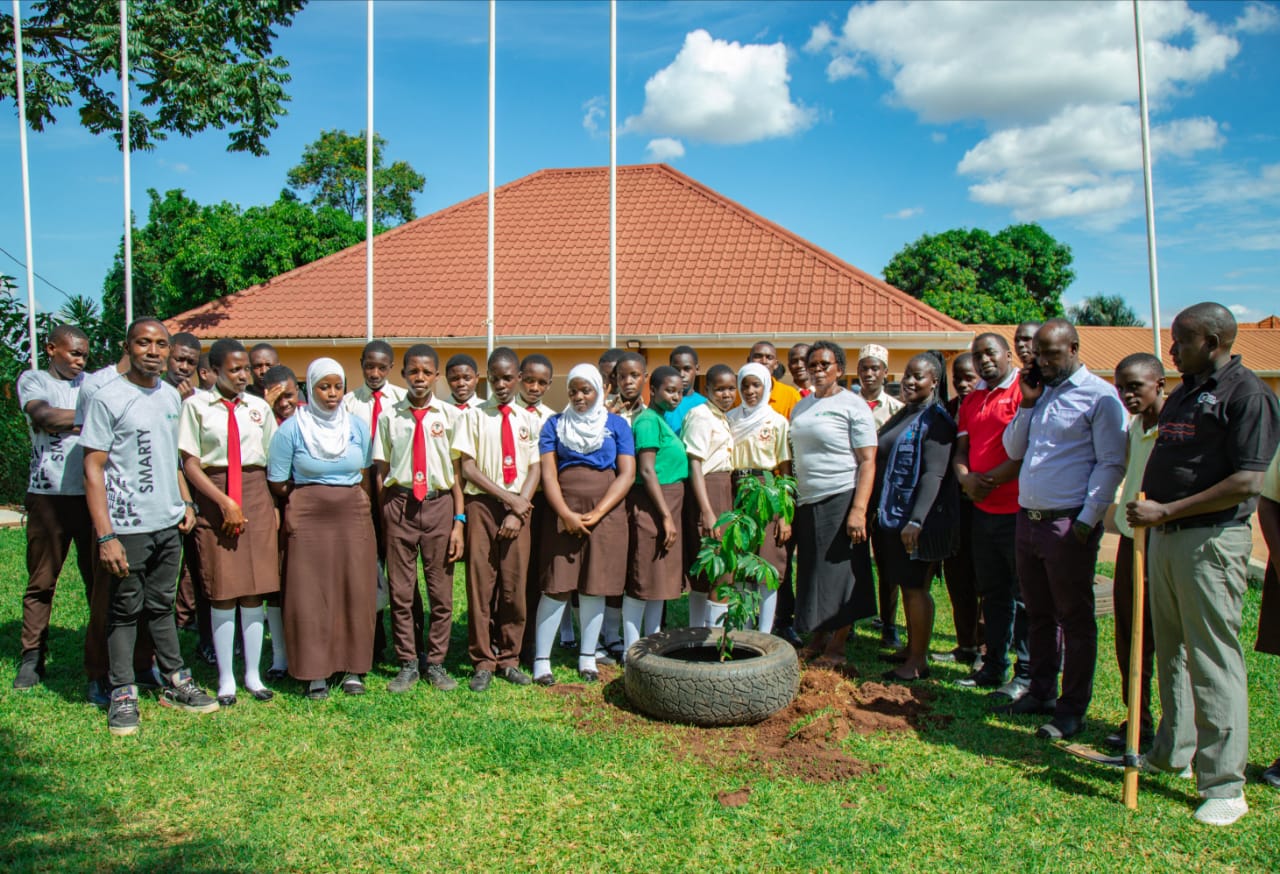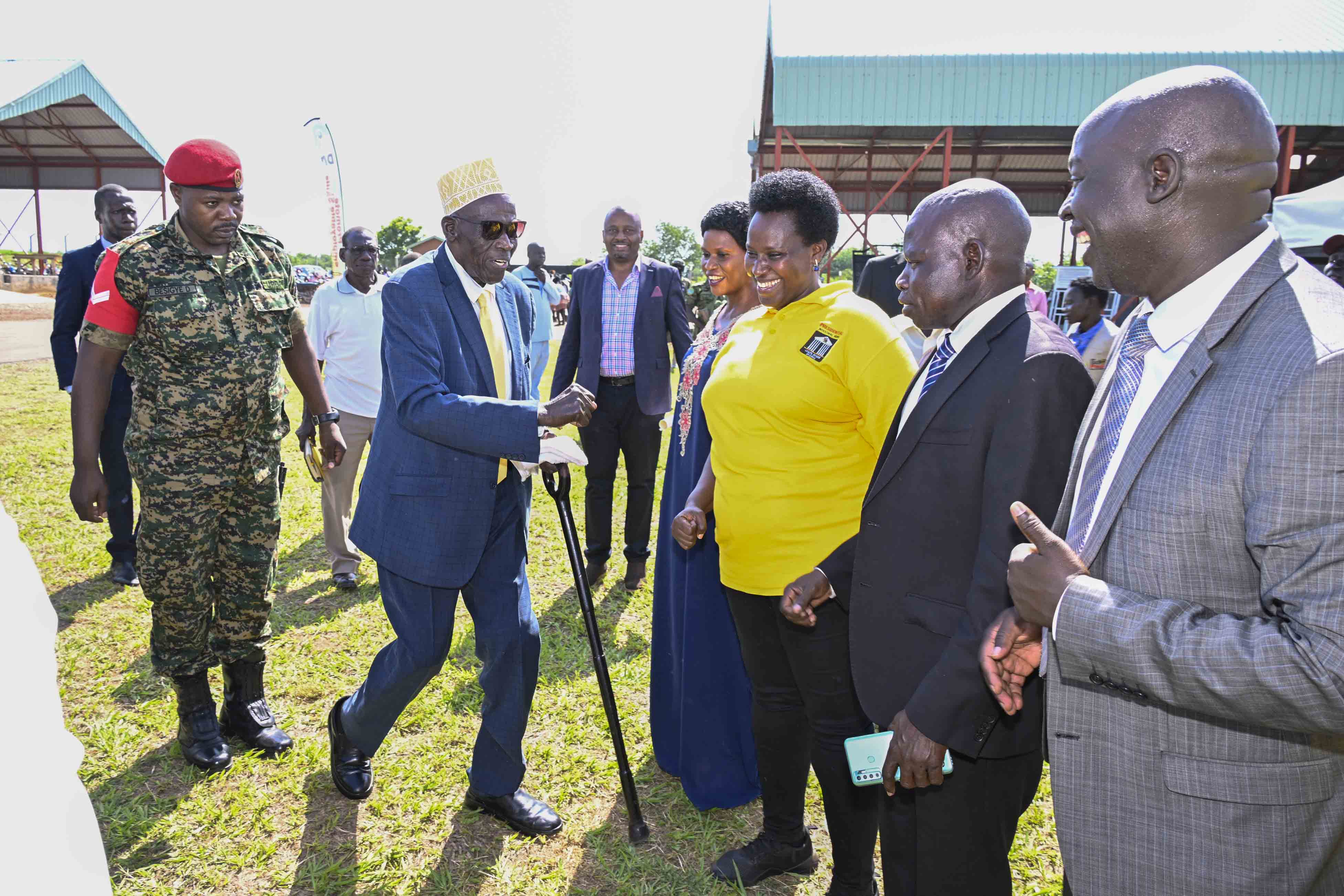In the NRM, women are still looking for their revolution
IVAN RUGAMBWA
The confession on March 11th by Bugaingazi East MP Onesmus Twinamatsiko that Men need to “touch, tackle and beat” their wives to “streamline” them was significant for two reasons: First, because it is 2018, where it is assumed that humanity’s value and moral compass has evolved to the point where beating of any form - including of animals, is deemed not only uncouth, but also, in some societies, criminal, meriting stern sanction, including a visit to the coolers.
Second, and in direct repudiation of the assumption in the first, because it exposed the dismal progress, if any, that we, as a society have made in the quest to appreciate, let alone guarantee the full human rights and emancipation of women.
Reports show that at least 1 in every 5 women aged between 15 and 49 years have experienced either domestic or sexual violence in Uganda.
That a Member of Parliament would not equivocate to publicly justify the beating of women therefore speaks of how entrenched this atavistic belief system is, and that he remains an MP after the fact, suggests that majority of our moral sensibilities may have at worst been embarrassed, but certainly not offended.
It is even more telling that Onesmus’ words were a direct reaction to the President’s Women’s day remarks, where he had chastised against the same behavior, and the President has not said anything to repudiate him. To be fair, women emancipation and empowerment has been one of President Museveni’s core policy commitments since coming to power 32 years ago.
For starters, he oversaw the making of a new constitution recognizing that “women shall be accorded full and equal dignity of the person with men” and provided a number of affirmative actions towards “redressing the imbalances created by history, tradition or custom.”
He has since followed through with political action, appointing the first Woman Vice President in Africa, and today, a sizeable number of public officials, from cabinet to public corporations are women. Most recently, he has created a women fund, deposited a certain shs.43 billion in it, to support women entrepreneurship as a means to empower them economically.
But while the above actions were important for their symbolic value, Museveni the revolutionary would know that securing and guaranteeing women an equal place and full human rights in a traditionally patriarchal and sexist society would require more than token appointments or ad-hoc policy interventions. Social justifications for wife beating for example, even amongst women themselves still remain deeply entrenched.
A report by the Uganda Demographic and Health survey, released barely a week after MP Twinamatsiko’s remarks suggested that 49% of women aged between 15 and 49 thought wife-beating was justified, for reasons ranging from going out without their husband’s permission, arguing with him, burning food, neglecting children or denying the man sex.
The report also noted that this perception gets more entrenched the deeper one gets into rural areas. Because most of these harmful perceptions are steeped in culture and tradition, their reversal as an inevitable step towards full emancipation of women would require a deliberate social and cultural revolution focused on mindset change.
That Museveni and the NRM shied away from championing this revolution suggests that either they misjudged the depth of these cultural traditions, or achieving full and meaningful women emancipation was never a core part of their agenda in the first place.
After all, NRM likes to fancy itself as a revolutionary movement. And while it is true that UPM, today’s NRM, was the product of strong ideals and a rebellion against the then status quo - two critical elements of most, if not all revolutions, earning full revolutionary pips would, according to Russian writer and activist Emma Goldman require it to add an important third: “The negation and destruction of existing dominant values upon which a complex system of injustice, oppression, and wrong has been built up by ignorance and brutality, AND the heralding of new values, ushering in a transformation of the basic relations of man to man, and of man to society.”
If we therefore believe that women are full human beings with an equal stake in society as men, it is fair, in light of Onsesmus’ words – which are the representative of still existing social sentiments and practices, and the embarrassing want of action from the vanguards of the establishment that followed it, to question the NRM’s revolutionary credentials.
Of course it can be argued - convincingly in many ways, that the NRM revolution has positively impacted and reordered our public affairs.
But in light of the recent murders and sexual violence meted out against women in Entebbe, Wakiso that remain unresolved, and the still prevalent Onesmus-like cultural practices in our societies, this country’s women, as Goldman says, can justifiably shout back: “If I can’t dance to it, it is not my revolution.”
The writer is a journalist and Public Relations Practitioner.













